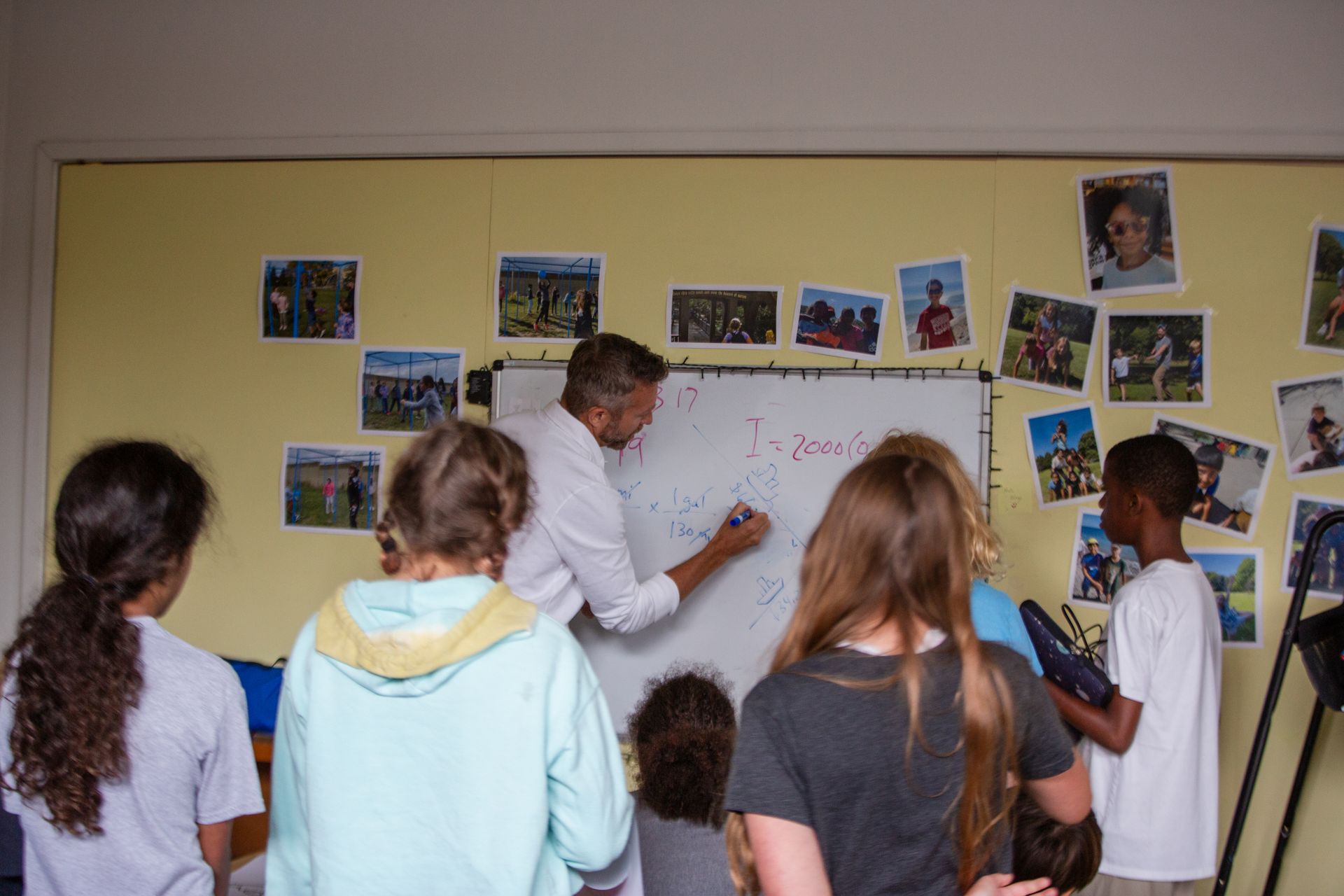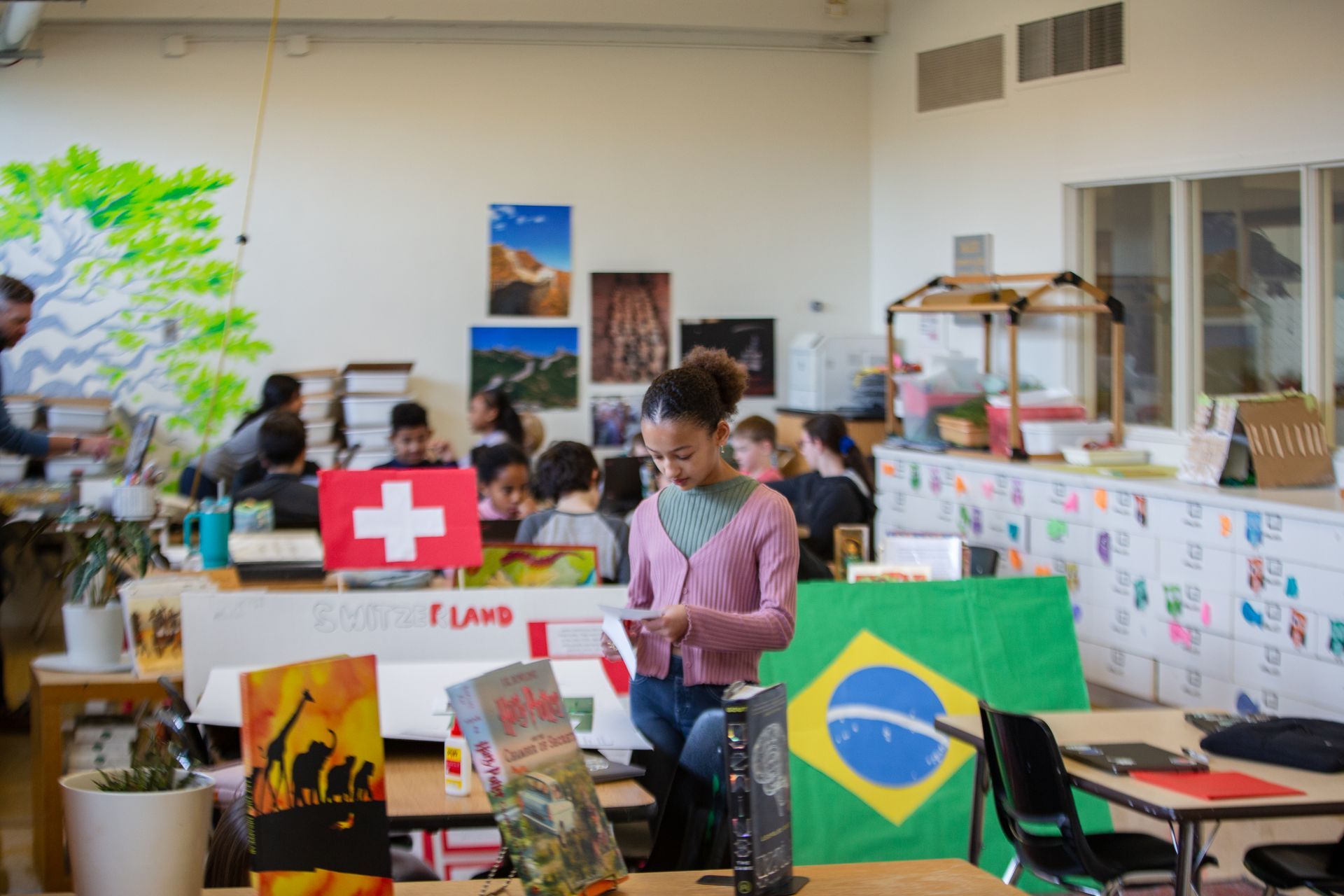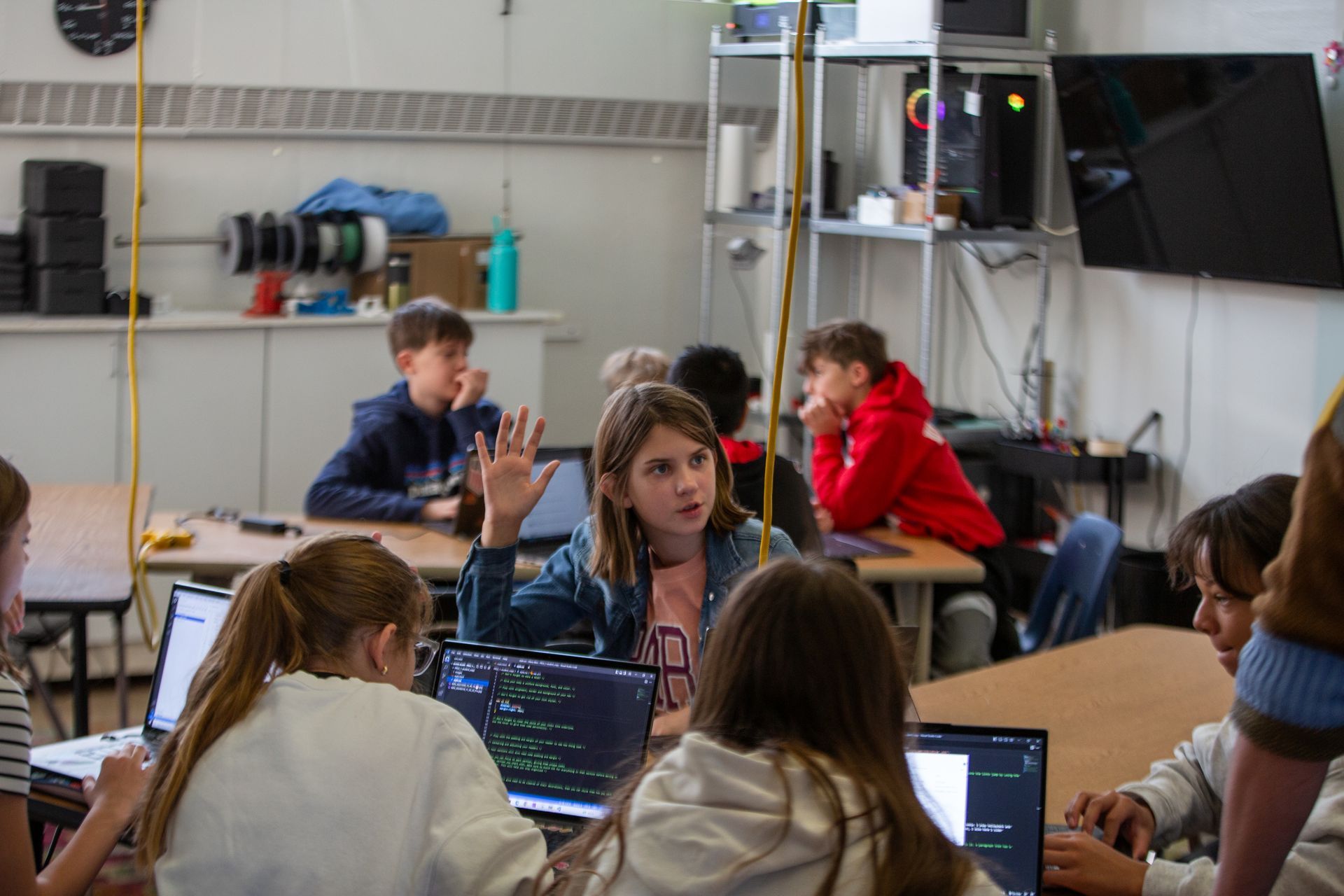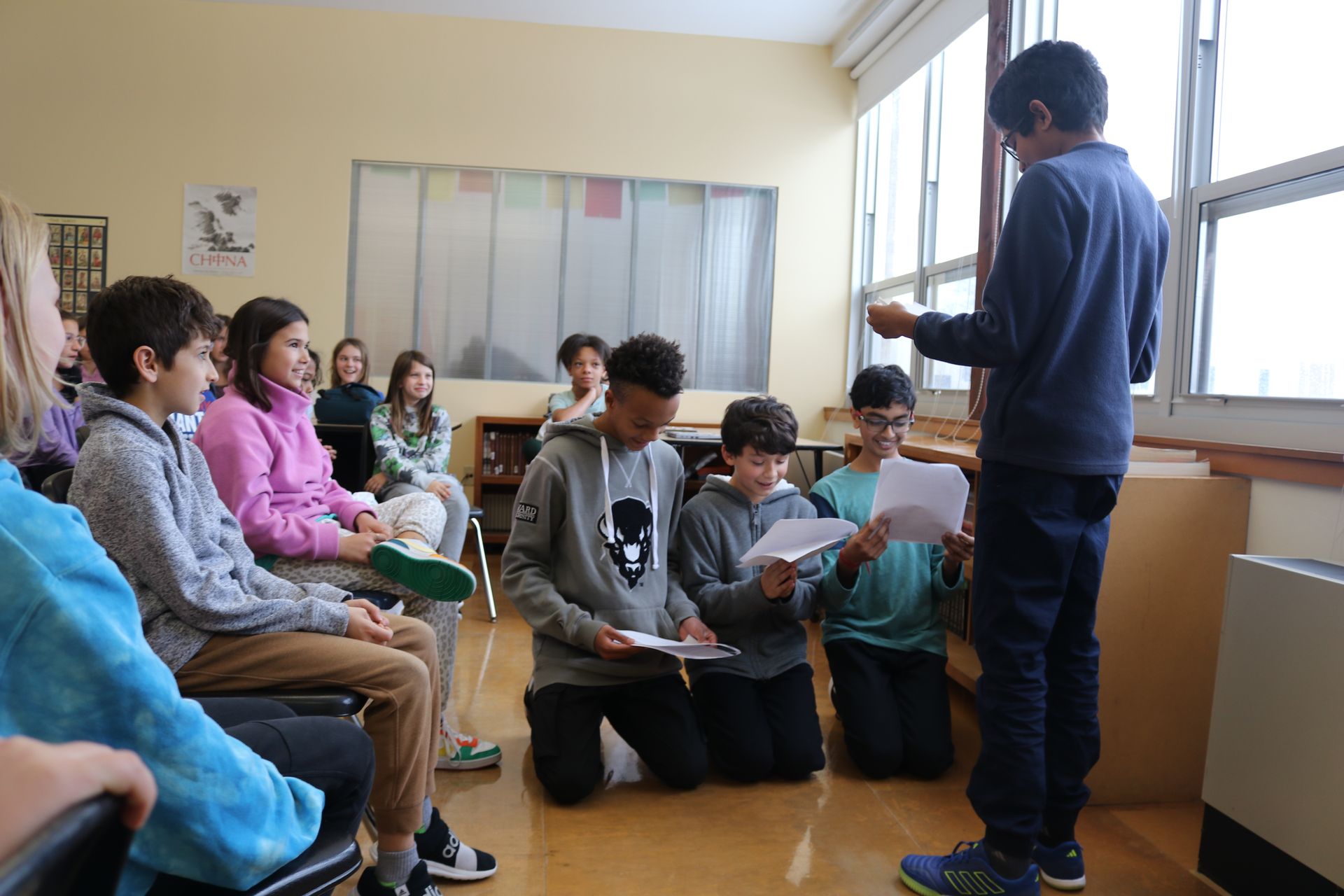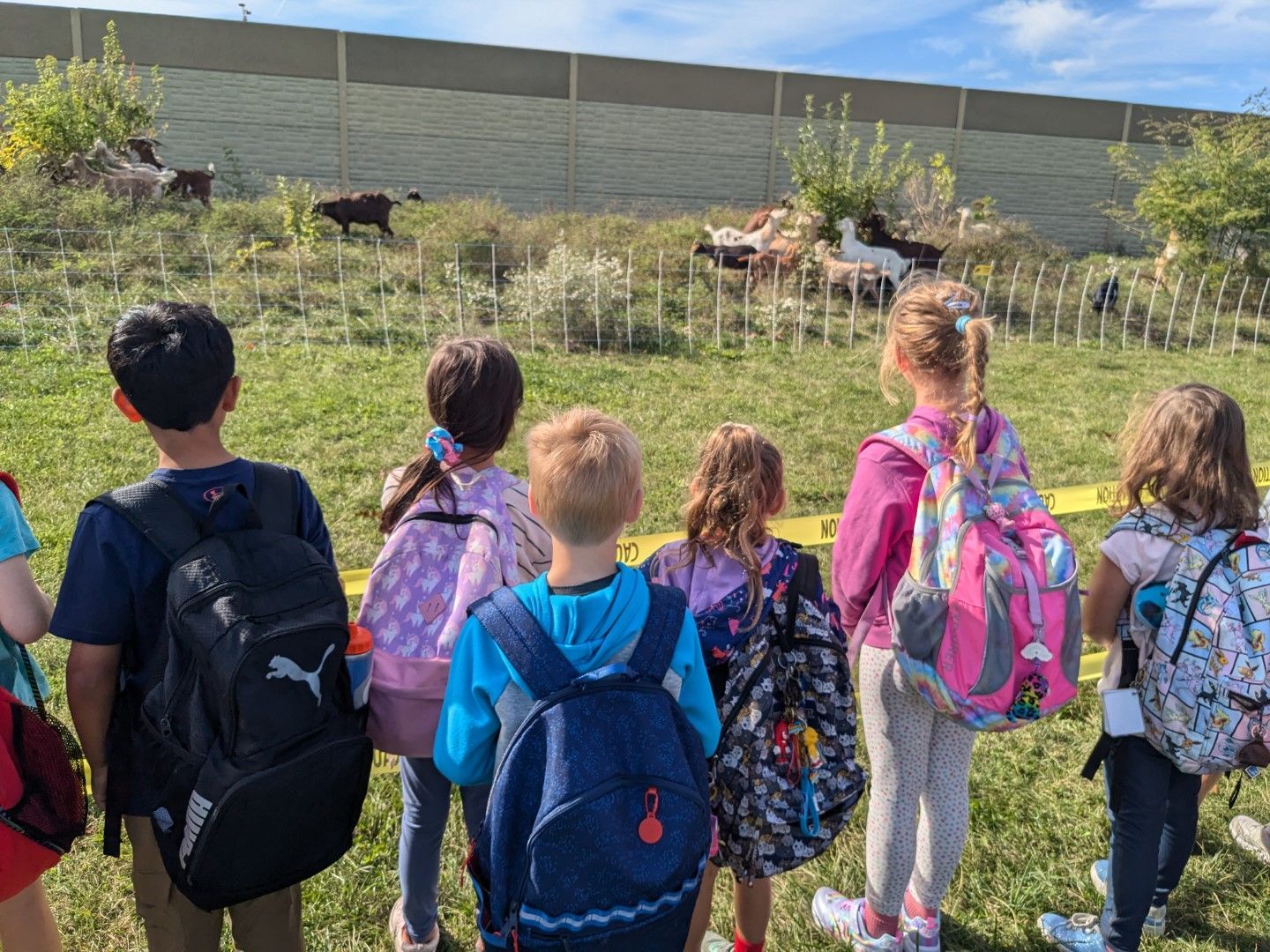Kids need time to take risks outside the eyes of ever-vigilant adults. Kids who don’t take risks when they are younger tend to be too anxious to do so as adults. It creates a society in which people are too afraid to live their lives! At least, that’s what the research seems to be saying. As Haidt also mentions, in today’s world, it can be hard to imagine loosening the reigns at all with safety being paramount, and yet, it’s easy to see how, as the old saying goes, good kids make bad grown-ups. Those who never take small risks when they are young certainly aren’t going to take big ones as they get older.
Recess: The Undisputed Favorite Part of a School Day
New Paragraph

By Monica Van Aken Ed.D and Zack Weil
In what has quickly become one of the most talked-about books of the year within educational circles, The Anxious Generation, author Jonathan Haidt dedicates considerable attention to the crucial topic of recess. Since the 1980s, our country has had a certain attitude about education, needing to focus heavily on reading and math at the cost of everything else. Art, music, and even aspects of science, the stuff most kids find fun, have found themselves on the chopping block when it comes to school budgets. However, more than anything else, recess has found itself excised to an almost negligible amount in America’s schools.
At
MMS,
we’ve taken a different approach. We believe that recess, along with studio art and art history, music, and athletics are essential to creating a high quality of life experience in school for all children. In a series of loosey-goosey student interviews, nine out of ten children will rank “recess,” as their favorite part of the day (that one kid who doesn’t say recess usually says “lunch.”)
Recess is when kids finally get to run around and enter into their own worlds, which includes playing games without adults telling them what to do. To children, recess is so essential that it’s shocking that it would ever be excluded. What’s more, as Haidt argues in his book, it should be a time for kids to be with kids with limited adult intervention. Why?
Sometimes parents imagine that recess is a cheerful, bucolic enterprise, and it usually is, but in fact, it never seems entirely peaceful. The moment they start their games, kids take control. They form a hierarchy; the older ones call the shots. They make rules and often spend inordinate amounts of time arguing about those rules.
The important thing to remember as an adult is that recess is an integral part of becoming a well-educated person. While classrooms can teach the rules of grammar and math, playgrounds are where children learn the rules of life in a society. Recess is not a break in the education of a child, it is absolutely vital to the growth of children. To onlookers, it may look just like fun and games, but the truth is the majority of what we all have learned in life was actually learned on the playground.



